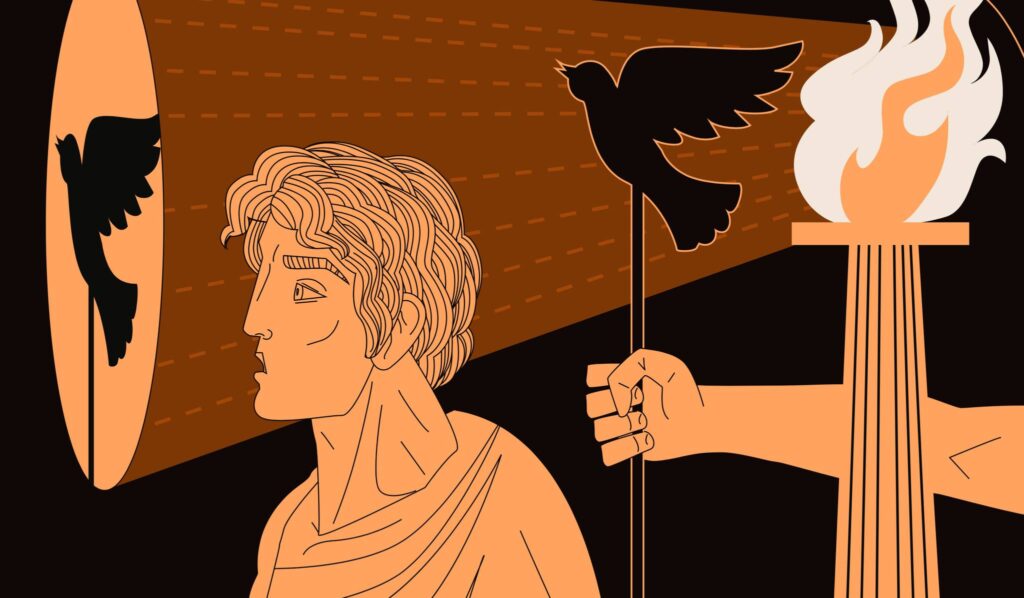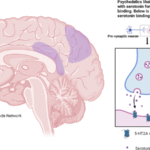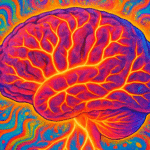
In a world of constant notifications, comparison traps, and imagined catastrophes, anxiety has become our silent companion. This post explores how Stoic philosophy—through the teachings of Marcus Aurelius, Seneca, and Epictetus—offers timeless tools for reclaiming inner peace. By shifting our focus from control to acceptance, and from reaction to reflection, we learn that serenity isn’t found in perfect circumstances but in the quality of our thoughts. Stoicism doesn’t...















